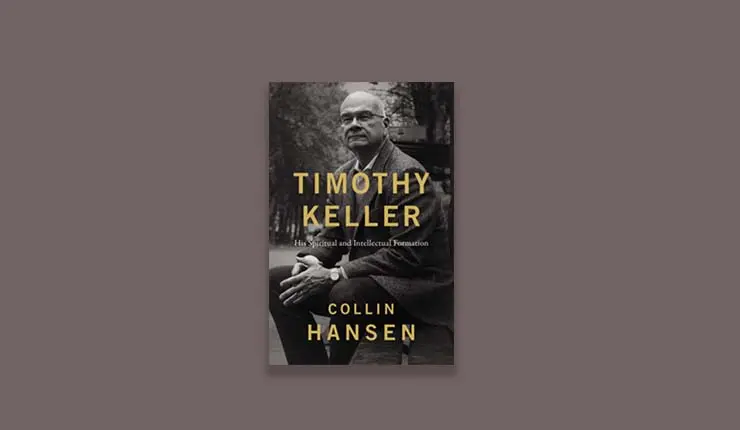When you are counseling, how much do you share about yourself? The same question could be asked of small group leaders and preachers.
What is self-disclosure?
Self-disclosure is simply offering personal information while you are also offering godly direction to someone else. This information can be in different forms.
Demographic data. This might include things like your age, birthday, where you grew up, marital status, kids’ names, church, or what you did on your summer vacation.
Similar experiences. This one says, “Really? Me too!” If the person you are speaking with is going through a particular kind of suffering, you share an analogous hardship in your own life. If the person lost a job, you mention how you lost one. If a person has been abused, you share your personal experience of abuse. You could also do this with sin. That is, if a person struggles with pornography, you speak of your own struggle with sexual sin.
Personal reflections. This is when you share what is on your heart. It could be about Scripture: “Here is a passage that has been critical to me this week.” It could be about the person: “I really appreciated our last time together. What you said was so important and insightful.” Or “You have really been on my heart this week. I finally got a sense of what it is like for you. I felt it, and it moved me to pray more often for you.”
What should you self-disclose?
Forgiven people, whose guilt and shame have been taken by Jesus, have nothing to hide, so we are willing to share most anything if it would edify another person. What and when to self-disclose is largely a matter of individual discernment. Some counselors do it more often, some less. Scripture follows that same pattern. There are some books of the Bible that are highly autobiographical and self-disclosing (Hosea, 2 Corinthians) and others in which the author is nearly anonymous (Ecclesiastes, Hebrews).
As a general rule, we are quick to share personal reflections. Even more, since one of the implicit agreements in counseling is that the other person will affect us, we must share personal reflections. We are slower to share similar experiences. Less-seasoned counselors often do this as a way to establish rapport. But this can backfire because it could actually demonstrate a misunderstanding of the other person if the experience shared is not, in fact, similar. Regarding demographic data, when someone is in distress, they might want to know your name, but the rest can usually wait.
Counselor self-disclosure is a perennial counseling topic. At its best, self-disclosure invites the counselee to further openness, which is a key feature of a growing relationship. At its worst, it draws undue attention to the counselor, distracts the conversation, and fails to provide the desired empathy. Keep in mind the different types of self-disclosure. Counselors typically want to grow in offering personal reflections and want to be discerning when sharing similar experiences.




